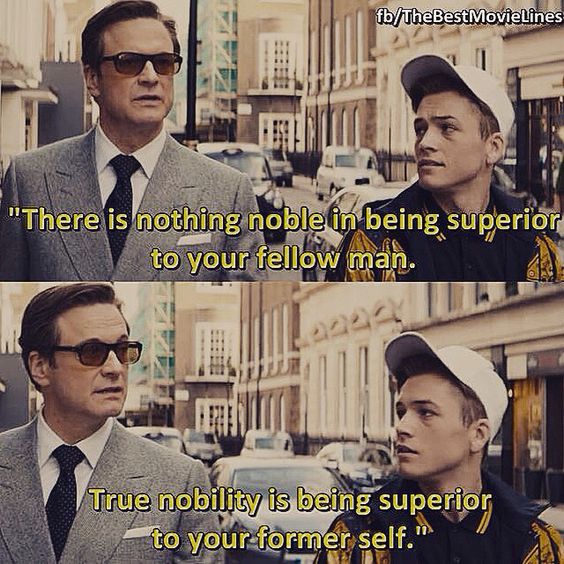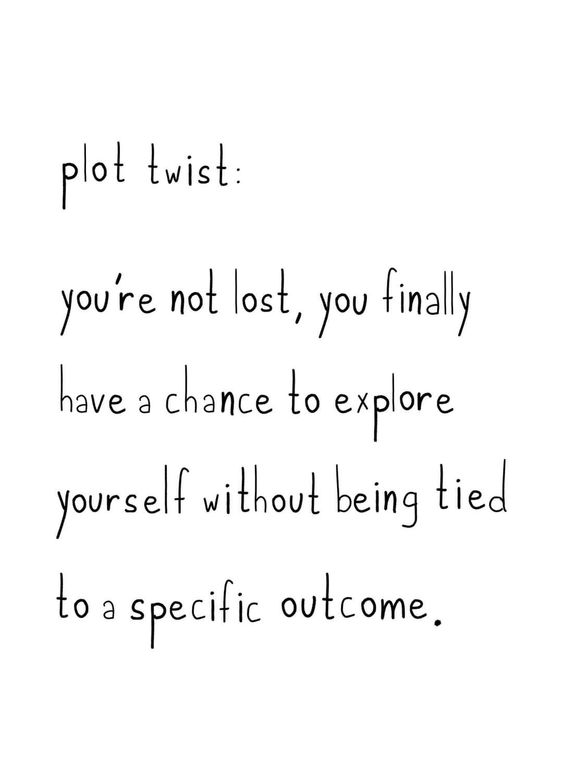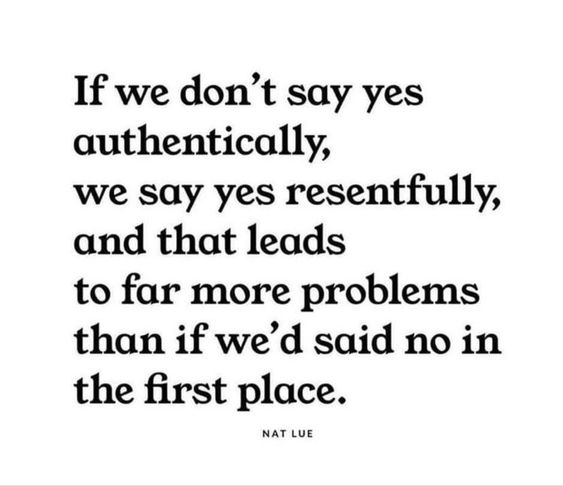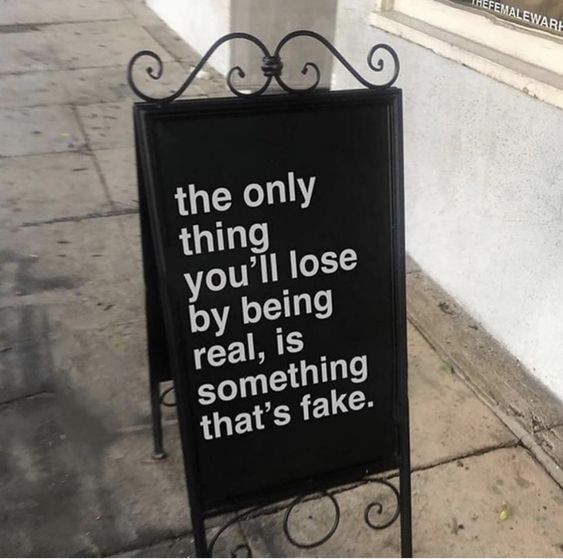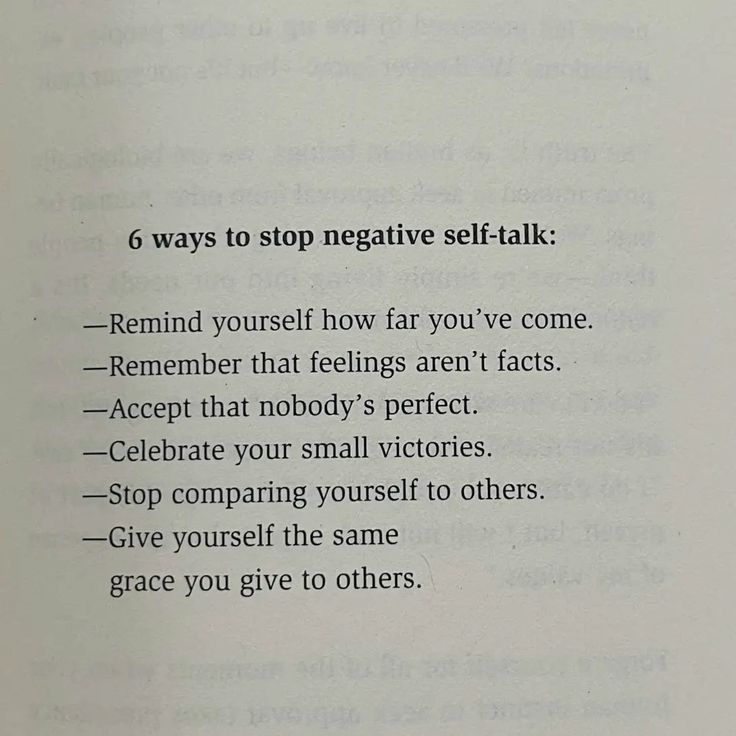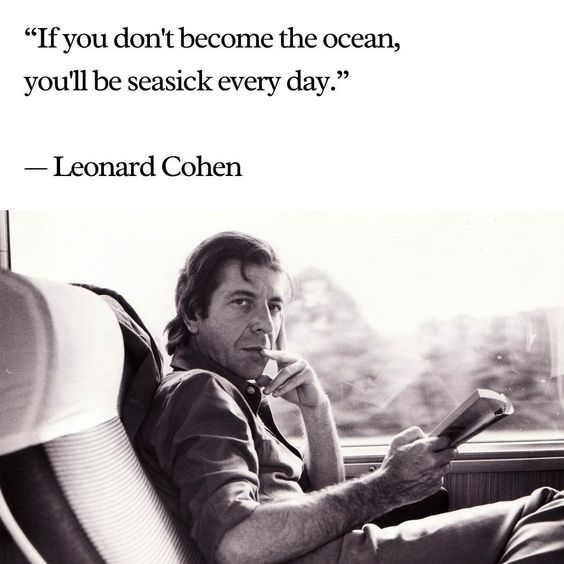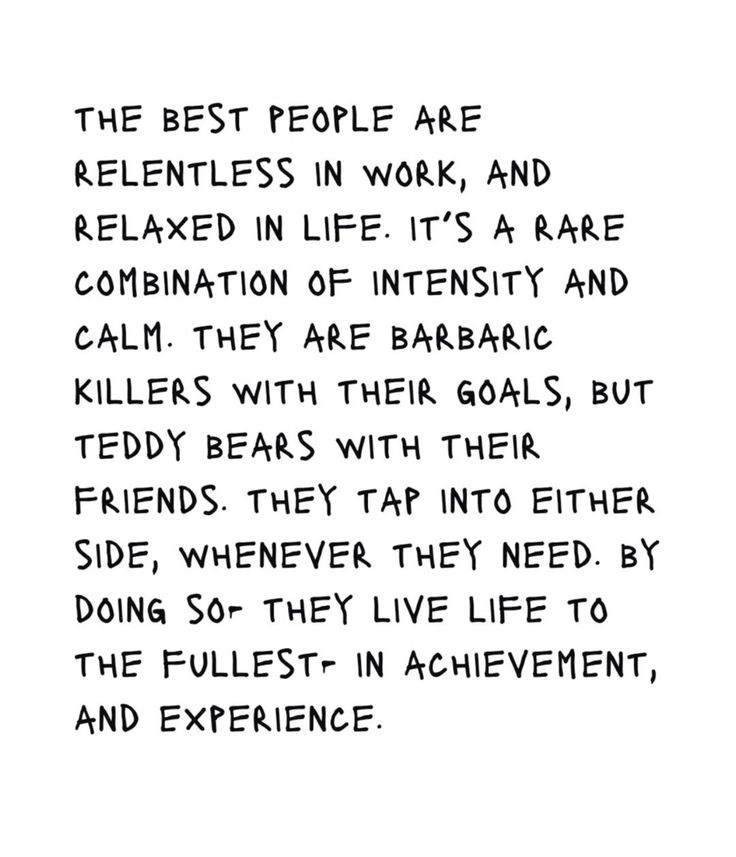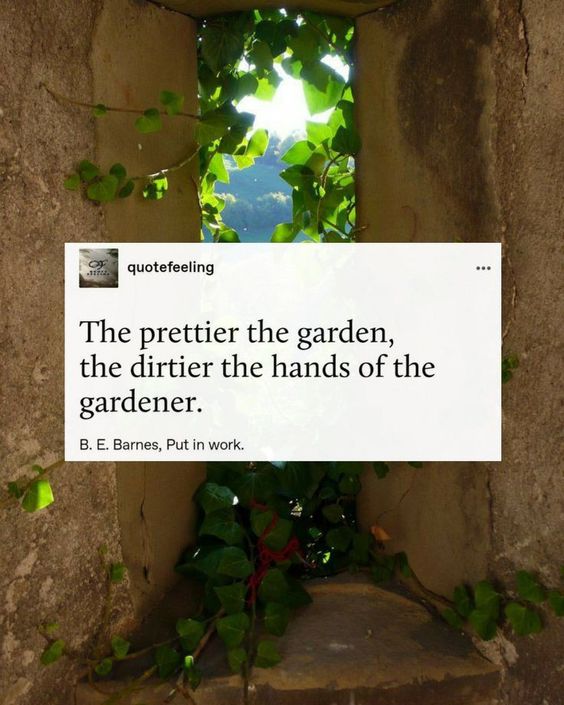“Productivity is most important for things you don’t want to be doing. Most people want to increase productivity so they can spend less time on the task. But before you worry about being more productive, think about being more selective. Rather than focusing on increasing productivity, it may be worth asking, ‘What would I be delighted to spend time on, even if it went slowly?’ Direct your energy toward figuring out how to start what you want to do rather than thinking about how to shorten what you don’t want to do.”
James Clear
“I try to remind myself that having to stay late at the office to write, trying to push through on no sleep, is disrespectful to the craft. When I spend that extra time on my phone instead of going to bed, when I plan a trip or a week poorly, I am cheating my work, cheating my family. I’m doing something unfair to the stranger I happen to bump into. Mostly, I am cheating and harming myself. A 2017 study actually found that lack of sleep increases negative repetitive thinking. Abusing the body trains the mind to abuse itself.”
Ryan Holiday
“In my body and in my soul I realized that I greatly needed sin, I needed lust, vanity, the striving for goods, and I needed the most shameful despair to learn how to give up resistance, to learn how to love the world, to stop comparing the world with any world that I wish for, that I imagine, with any perfection that I think up; I learned how to let the world be as it is, and to love it and to belong to it gladly.”
Hermann Hesse, Siddhartha (Page 125)
“The world, my friend, is not imperfect or developing slowly toward perfection. No, the world is perfect at every moment, all sin already contains grace, all youngsters already contain oldsters, all babies contain death, all the dying contain eternal life. It is not possible for any man to see how far along another man is on his way; Buddha is waiting in robbers and dicers, the robber is waiting in the Brahmin. In deep meditation it is possible to eliminate time, to see all past, all present, all developing life as coexisting, and everything is good, everything perfect, everything Brahma.”
Hermann Hesse, Siddhartha (Page 125)
“Wisdom cannot be communicated. Wisdom that a wise man tries to communicate always sounds foolish. Knowledge can be communicated, but not wisdom. We can find it, we can live it, we can be carried by it, we can work wonders with it, but we cannot utter it or teach it.”
Hermann Hesse, Siddhartha (Page 124)
27 Deep Friendship Quotes and Why Who We Surround Ourselves With—Matters
Excerpt: 27 Friendship quotes that will inspire you to not only cherish your friends, but maybe become a better friend, too.
Read More »27 Deep Friendship Quotes and Why Who We Surround Ourselves With—Matters
“Science can never win against art, and logic can never win against love. History can never win against myth, and reality is poor compared to dreams, very poor. So if you carry any idea against imagination, drop it. Because we all carry it—this age is very anti-imagination. People have been taught to be factual, realistic, empirical, and all sorts of nonsense. People should be more dreamy, more childlike, more ecstatic. People should be able to create euphoria. And only through that do you reach your original source.”
Osho, Everyday Osho (Page 249)
“Slowly blossomed, slowly ripened in Siddhartha the insight, the knowledge of what wisdom actually is, what the goal of his long seeking was. It was nothing but a readiness of the soul, an ability, a secret art, to think the thought of oneness, to feel and breathe the oneness at every moment, in the midst of life. Slowly this blossomed in him, brightly emanated to him from Vasudeva’s old childlike face: harmony, knowledge of the eternal perfection of the world, smiling, oneness.”
Hermann Hesse, Siddhartha (Page 114)
